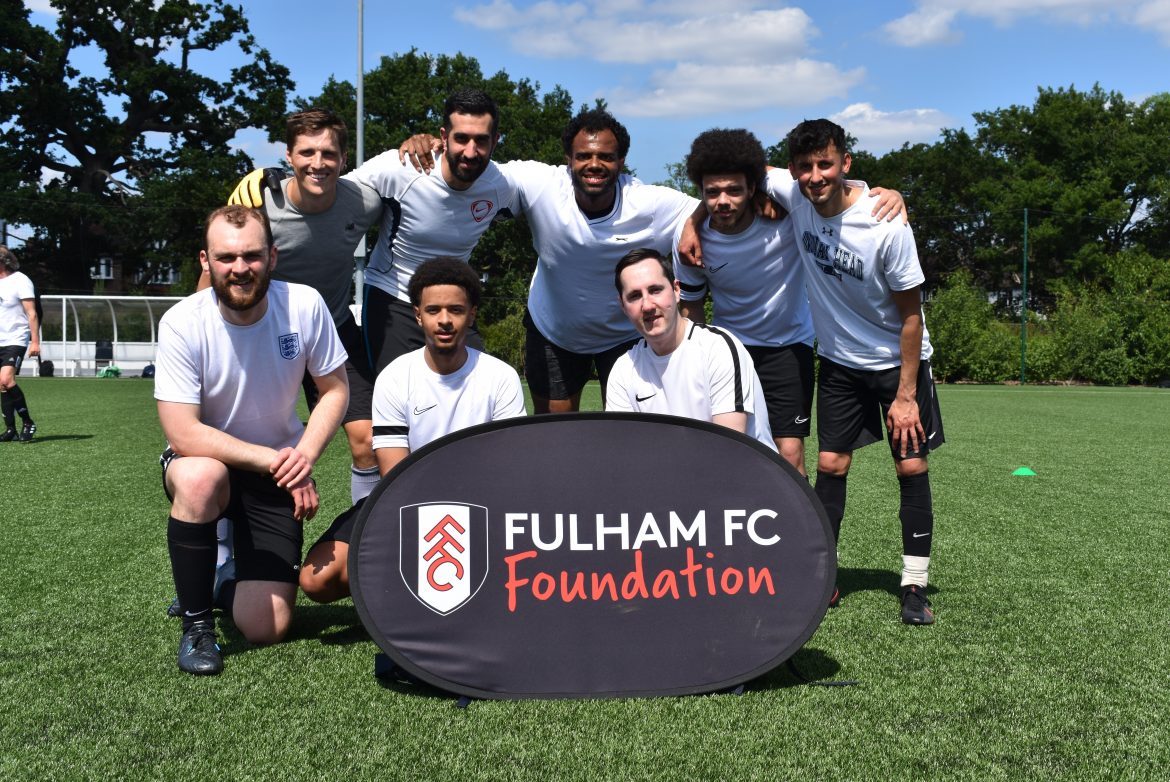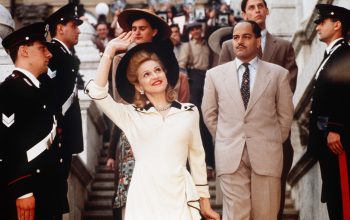When Covid-19 struck, Laura Everton, health and development officer at the Fulham football club foundation, was worried. Many of those who participated in the foundation’s work were shielding and were left without vital support, including opportunities to talk about their mental well-being.
Everton felt forced into action. Led by her, the foundation already ran several mental health support programmes prior to the pandemic when it decided to set up its ‘More than a Game’ programme in March last year.
Taking place weekly, it offers any adult the opportunity to play football for around 45 minutes, followed by a participant-led discussion on everyone’s mental health experiences.
The need for such a programme was clear. One in four adults experienced mental distress for the first time in the pandemic and almost 70 per cent of people who already suffered with mental health issues felt that the lockdowns had a negative impact on their mental health, according to Mind.
Everton said: “[The programme] is about using football as a hook to get people in to talk about mental health and their own experiences.
“It’s a sport which involves lots of exercise and physical activity, which is key for improving your mental health. It’s about using those things to open the conversation a little bit more and bridge the gap in the community and the services that are currently out there.
“The love of the sport bonds people initially…people have that language shared already. It’s so easy to have that initial bond and then here you go a bit deeper.”
Mixed response
According to Cat Moran, who runs the sessions each week, the initial response to the programme was mixed. People were onboard with the fitness aspect of the sessions but felt uncomfortable talking about their own mental health experiences.
She said: “There was a little bit of discomfort around talking about themselves in an organised way. As time has gone on, people have really started to value that time they set aside for themselves every week.”
Moran added that in the sessions, there has been a big emphasis on participants supporting each other, with the aim of discussions being to develop coping mechanisms. In particular, the sessions have focused on positive health behaviours, including exercise.
Tony Saunders has attended the sessions weekly. For him, the sessions were initially about fitness. He told the Kingston Courier: “During the last part, we have the talk. When I first started I didn’t really like that but now I’ve got used to it and I find it really helpful.
“You can talk about things, talk about yourself…about things you wouldn’t talk about with anyone else.”
Dave Saunders, Tony’s friend, has been on a similar trajectory. He said that he has always played football for its fitness benefits, but that he never really considered what the sport could do for his mental health prior to the sessions.
He said: “This is a mental health programme and I’ve got to embrace it a little bit more as its gone on.
“It wasn’t my thing at first but now I don’t mind joining in and listening to a few of the guys.”
After hearing the impact of her work, Everton found it hard to describe how much the programme’s success meant to her.
She said: “It’s really hard to encapsulate…what that feels like. You feel so happy for those individuals and so privileged to work with people and be able to make that impact and do the jobs that we do.
“It’s just so heart-warming to see it all come together and see people genuinely enjoying themselves.”
Editor





